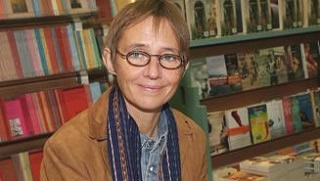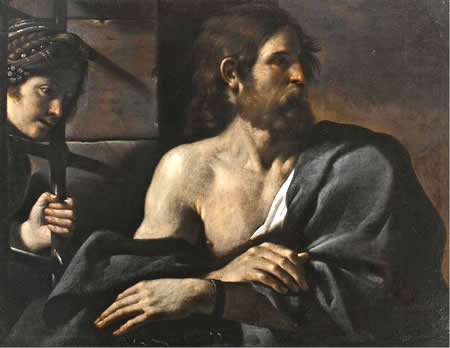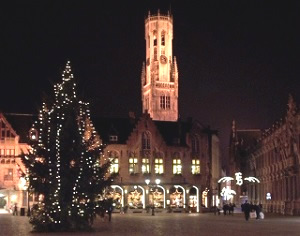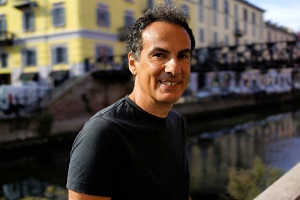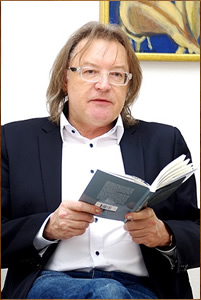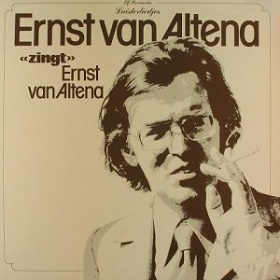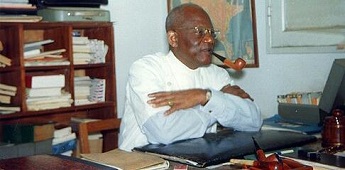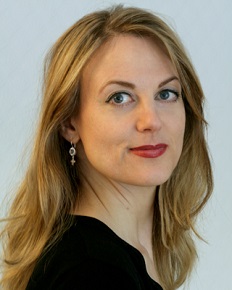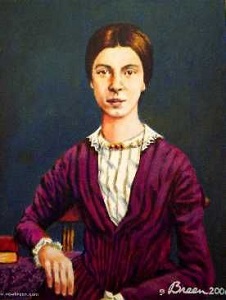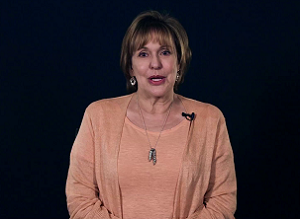De Amerikaanse dichter en sociaal activist Jack Hirschman werd geboren op 13 december 1933 in New York. Hij behaalde in 1955 een Bachelor of Arts aan het City College in New York en een AM en PhD aan de Universiteit van Indiana in respectievelijk 1957 en 1961. Tijdens zijn studie aan het City College, werkte hij tevens voor de Associated Press. Toen hij 19 was stuurde hij een verhaal naar Ernest Hemingway, die hem antwoordde: “I can’t help you, kid. You write better than I did when I was 19. But the hell of it is, you write like me. That is no sin. But you won’t get anywhere with it.” Hirschman trouwde in 1954 met Ruth Epstein. Na haar afstuderen werd Ruthprogrammadirecteur van National Public Radio en uiteindelijk algemeen directeur van Santa Monica’s radiostation KCRW. Het echtpaar kreeg twee kinderen. In de jaren 1950 en ’60 doceerde Jack Hirschman aan Dartmouth College en de University of California, Los Angeles. Tijdens zijn ambtstermijn als hoogleraar aan de UCLA was Jim Morrison (The Doors) één van zijn studenten. De oorlog in Vietnam maakte een einde aan Hirschmans academische carrière; hij werd ontslagen aan de UCLA nadat hij zijn leerlingen tot verzet tegen de oorlog had aan gemoedigd. Zijn huwelijk liep op de klippen en hij verhuisde in 1973 naar San Francisco. Zijn eerste dichtbundel publiceerde Hirschman in 1960. Een kwart eeuw lang zwierf Hirschman door de straten van San Francisco, bezocht café ’s, gaf lezingen, was actief als straatdichter en als wandelende activist. Hirschman was ook een schilder en collagist, en heeft meer dan twee dozijn boeken vertaald uit het Duits, Frans, Spaans, Italiaans, Russisch, Albanees en Grieks. Tot zijn vele dichtbundels behoren “A Correspondence of Americans” (1960), “Black Alephs” (1969), “Lyripol” (1976), “The Bottom Line” (1988), en “Endless Threshold” (1992). In 1999, Hirschman trouwde nog een keer, met de Zweedse dichteres, schrijfster en kunstenares Agneta Falk. In 2006 publiceerde Hirschman zijn meest uitgebreide dichtbundel “The Arcanes”. Bovendien werd hij dat jaar benoemd tot Poet Laureate van San Francisco.
The Happiness
There’s a happiness, a joy
in one soul, that’s been
buried alive in everyone
and forgotten.
It isn’t your barroom joke
or tender, intimate humor
or affections of friendliness
or big, bright pun.
They’re the surviving survivors
of what happened when happiness
was buried alive, when
it no longer looked out
of today’s eyes, and doesn’t
even manifest when one
of us dies, we just walk away
from everything, alone
with what’s left of us,
going on being human beings
without being human,
without that happiness.
All that’s Left
All that’s Left
in the world
—whether in Cuba, Venezuela, Bolivia
as well as in China, Japan, the United States,
Europe, the Middle East, Africa—
all of them cannot,
despite their resistance,
despite their refusal,
stop this march of death
because they,
as well as all that’s Right
in the world,
despite their refusal,
despite their resistance,
already are counted among those
in this last parade.
Communists and progressives,
nazis, fascists and reactionaries,
zionists and anarchists of every stripe—
none are excluded, none can evade the march.
This one’s not coming
with hammer and sickles or swastikas
or flags of any land.
This one’s the march
all wars surrender to.
But when?! comes the unanimous cry.
When will it really happen?
If death is peace,
when can I truly die?
You will never know,
and yet you do,
because you may already have,
and this life is your way
of paying homage to the power
that loves you enough
to have taken your life away
and left you with the taste
of immortality on your lips.
Nothing mystical: no Christ,
Allah, Jahweh or Buddha in the wings.
Even lying on your back you’re marching.
This is not a cynical or pessimist
or nihilist poem. Join death
to your life and you will live
as if there were no drum to march to.
There is no march at all.
You’re done. All will be well for all.
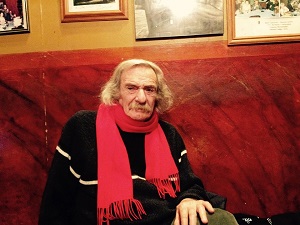
Jack Hirschman (New York, 13 december 1933)

